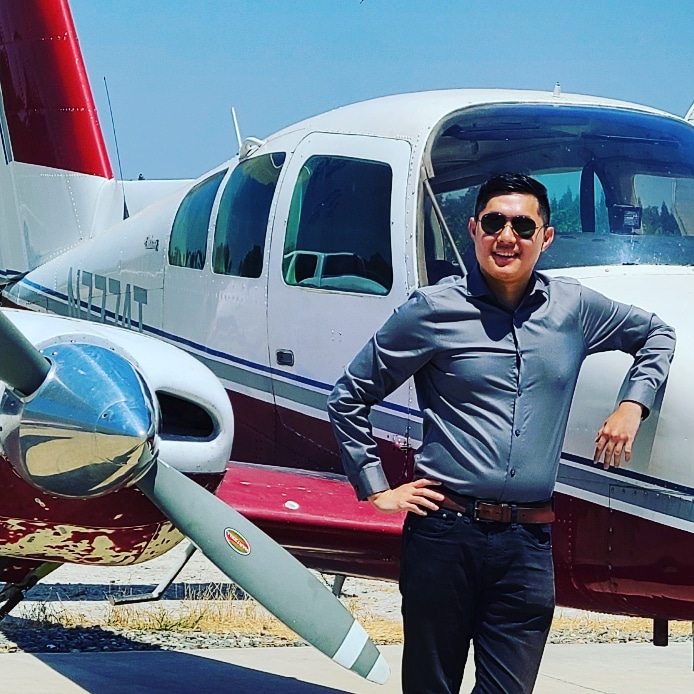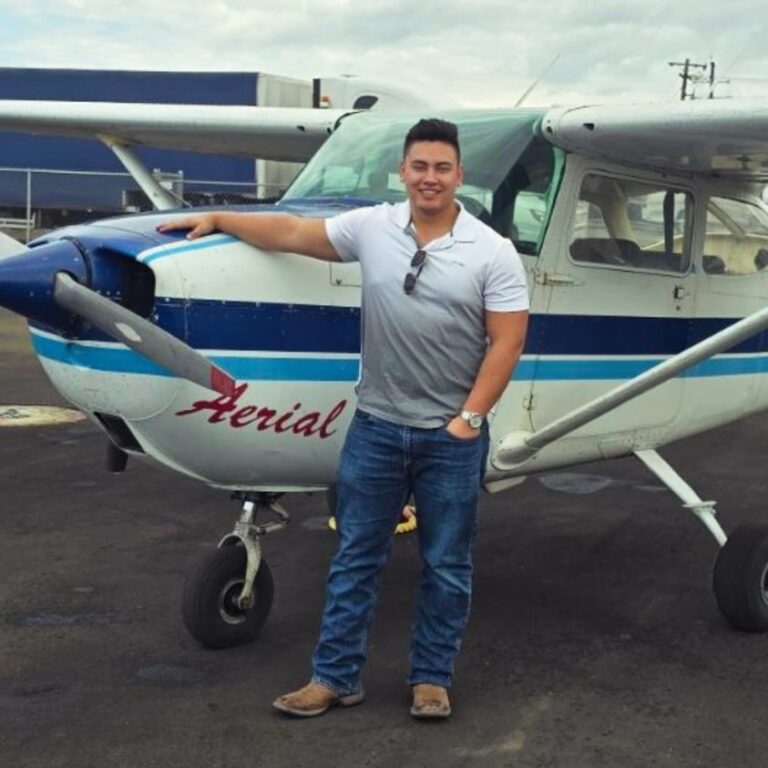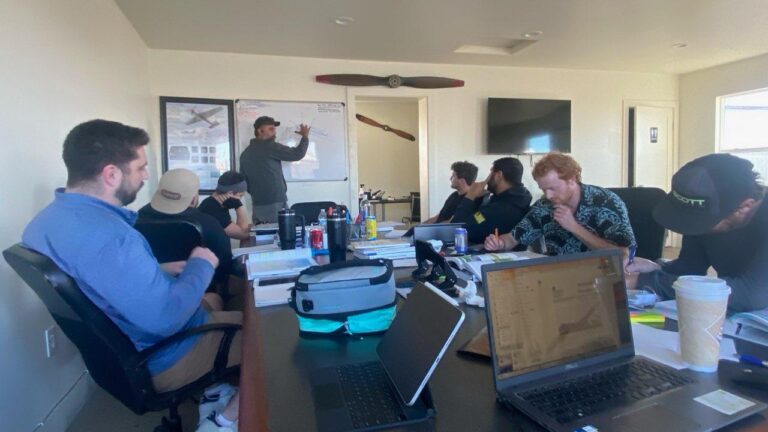Multi-Engine Instructor (MEI): Training, Requirements, and Career Opportunities
A Multi-Engine Instructor (MEI) plays a critical role in preparing pilots to operate complex, multi-engine aircraft—a skill essential for many commercial aviation careers. Holding an MEI rating expands a flight instructor’s credentials, opening doors to more advanced teaching opportunities and greater earning potential.
If you’re already a Certified Flight Instructor (CFI) and want to take your career to the next level, here’s everything you need to know about becoming an MEI, from requirements and training to career prospects and salary expectations.
What is a Multi-Engine Instructor (MEI)?
An MEI is a certified flight instructor who specializes in multi-engine aircraft training. This rating is an add-on to an existing Flight Instructor Certificate, allowing you to teach pilots how to fly airplanes with more than one engine.
Multi-engine instruction covers advanced topics like engine-out operations, multi-engine aerodynamics, and emergency procedures—skills critical to commercial airline and corporate pilots.
Responsibilities of a Multi-Engine Instructor
The day-to-day duties of an MEI go beyond simply teaching maneuvers. They include:
- Delivering ground school and flight instruction for multi-engine operations
- Teaching advanced aerodynamics, systems operations, and performance calculations
- Instructing engine-out emergency procedures and safety protocols
- Developing lesson plans and pre-/post-flight briefings
- Assessing and documenting student progress
- Ensuring compliance with FAA regulations and training standards
- Staying updated on changes in multi-engine training and safety procedures
Requirements to Become an MEI
Basic Eligibility
- Be at least 18 years old
- Be proficient in English (reading, writing, speaking, and understanding)
Certification Requirements
- Hold a Commercial Pilot Certificate or Airline Transport Pilot (ATP) Certificate with a multi-engine rating
- Hold a Flight Instructor Certificate with an Airplane category and Single-Engine class rating
- Have a valid FAA medical certificate
Flight Time Requirements
- Log at least 15 hours as Pilot in Command (PIC) in a multi-engine airplane
Testing and Endorsements
- Receive a logbook endorsement covering the required areas of operation for the MEI
- Pass the FAA knowledge test for the MEI rating
- Pass the practical test (checkride) with a Designated Pilot Examiner (DPE)
MEI Training Process
Ground Training
- Multi-engine aerodynamics and systems
- Performance considerations in engine-out scenarios
- Aircraft systems and advanced avionics
- FAA regulations and safety procedures
- Instructional techniques for teaching complex concepts
Flight Training
- Demonstrating and teaching engine failure procedures
- Conducting engine-out landings and maneuver training
- Practicing flight under various weight and balance conditions
- Simulating emergency scenarios to prepare students for real-world flying
Training Regulations: Part 61 vs. Part 141
- Part 61: Flexible training structure; no set minimum hours for ground training, but flight proficiency must be demonstrated
- Part 141: Structured training syllabus with FAA-approved curriculum and minimum ground/flight hour requirements

Career Opportunities for MEIs
An MEI rating increases your employability and earning potential. Opportunities include:
- Flight Schools & Universities – Teaching students pursuing commercial or ATP certificates
- Corporate & Charter Aviation – Providing multi-engine transition training for company pilots
- Simulator Training Centers – Specializing in advanced aircraft instruction
- Management Roles in Training Departments – Supervising curriculum and safety compliance
Many MEIs use this rating as a stepping stone to airline careers, where multi-engine experience is a hiring requirement.
Salary Expectations
The average hourly pay for an MEI in the United States is around $22/hour, but pay varies based on:
- Location (higher in major metro or airline training hubs)
- Experience (senior instructors often earn more)
- Employer type (private academies vs. universities vs. corporate training)
Highly experienced MEIs at major training institutions can earn significantly above the average rate.
Benefits of Becoming a Multi-Engine Instructor
- Expanded teaching qualifications beyond single-engine aircraft
- Higher earning potential compared to single-engine CFIs
- Increased employability in a competitive aviation industry
- Serves as a career bridge to airline and corporate pilot positions
Tips for Success as an MEI
- Stay current on FAA regulations and training updates
- Develop strong communication skills to simplify complex topics
- Log diverse experience in different multi-engine aircraft types
- Network with other instructors and aviation professionals
Becoming a Multi-Engine Instructor is a rewarding way to advance your aviation career. With the right training, certifications, and instructional skills, you can open the door to more job opportunities, higher pay, and the chance to mentor pilots flying some of the most capable aircraft in general and commercial aviation.
If you’re ready to take the next step, consider enrolling in a reputable MEI training program and join the ranks of aviation’s most skilled instructors.






